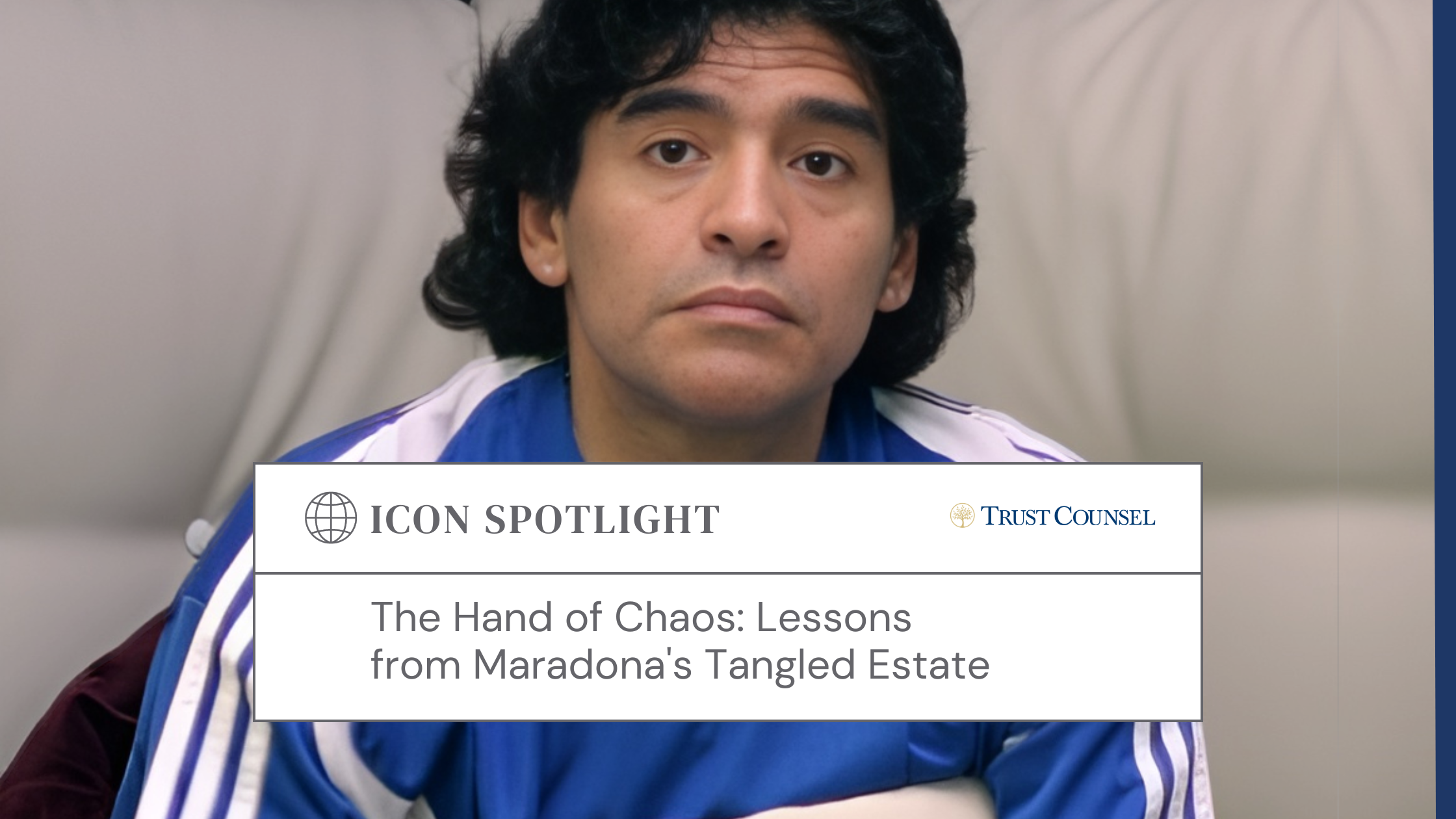
Often I get clients who are interested in objecting to a Last Will and Testament because of suspected undue influence of their loved one. In Florida there is a split of authority over what happens to a previous Will when the most recent Will is invalidated by the Court because of undue influence. The results can be very different and may provide planning opportunities that could insulate from claim of undue influence. As you can see in the case discussion below, the court determined that the previous Will should be valid, while other courts in the state have found that the laws of intestacy under the Florida Statutes is the proper method distributing assets after a successful claim of undue influence. If you are changing your Will or would like to talk about how to protect from claims of undue influence in Florida, you might talk to me, a Miami Estate Planning and Probate Attorney about your options and the strategic outcome of contesting your loved one’s Will.
In re Estate of Murphy is a case where the probate court revoked a Will due to undue influence. The question then turned on whether or not the decedent’s estate should pass through intestate succession (under Florida law) or by a previous Will.
LEGAL MUMBO JUMBO ALERT: When a person dies without having a valid Will in place, their property passes by what is called “intestate succession” to heirs according to Florida law. These laws will determine in what order and in what proportion someone will inherit the deceased person’s assets.
The testator was Virginia Murphy, a woman that passed away at the age of 107. Her estate was worth 12 million dollars. Virginia executed six Wills throughout her lifetime and both her parents and husband died before her. She had no children or siblings and was not close to many of her relatives.
The six Wills executed throughout her life differed only slightly and mainly concerned four heirs: (1) Jacquelin Rocke (Jackie), Murphy’s second cousin; (2) Jack Carey (Jack), Virginia’s long-time attorney that prepared the Wills and served as the estate’s personal representative; (3) Gloria DuBois (Gloria), the legal assistant to Jack Carey (man, she must have spent a lot of time at her estate planning attorney’s office!), and; (4) George Tornwall (George), Virginia’s accountant. The residuary of the estate was also going to be left to these same four people. (I should mention that we wont be discussing the obvious ethical violations of these “professionals” in this post but that it has been the basis of much discussion in the legal community).
LEGAL MUMBO JUMBO ALERT: A residuary, is any portion of the estate that is not specifically devised to someone in the Will – basically everything left over after the specific gifts are distributed.
Virginia kept these four people as beneficiaries in all six Wills, but often changed the amounts each person received. In a previous Will executed in 1992, Virginia gave Jackie $400,000, Gloria $150,000, and she gave $100,000 to George and Jack. Further, the residuary of the estate was divided into equal shares between the same four people. In case you weren’t paying attention, the residuary is where all the money is at people!
Virginia’s last Will was executed in 1994 even as her health and mental awareness diminished. The major change between the previous Wills is how she divided the residuary estate. In this will, Jackie was no longer a beneficiary of the residuary estate. Instead, the residuary of the estate was divided between only Jack, Gloria, and George. Clearly not convinced, Jackie claimed that these people had exerted undue influence over her cousin Virginia. The probate court agreed and invalidated the 1994 Will.
The legal issue then became “should a previous Will executed in 1992 control Virginia’s estate or should the estate pass by intestate succession.”
LEGAL MUMBO JUMBO ALERT: A previous Will can be used under the doctrine of “dependent relative revocation” but simply it means that where a testator makes a new will revoking a former valid one, and it later appears that the new one is invalid, the old Will may be re-established on the ground that the revocation was dependent upon the validity of the new one, the testator preferring the old Will to intestacy.
IN PLAIN ENGLISH: In other words, do we give all this money to Virginia’s heirs under the laws of the State of Florida as to who inherits and in what order, OR do we look at Virginia’s old Will and use that?
The Court ruled that using the Doctrine discussed above, the February 1992 Will would rule the day and Jackie would indeed receive her portion of the residuary of the estate. However, that is not the rule across all jurisdictions in Florida and if this case had been litigated elsewhere the results could be very different. Litigation, of course, is all about strategy – and now you see why.




